Summary of the Tokyo College symposium series “Beyond Corona Crisis” Experts from six fields debate the outlook of the post-coronavirus world

What do UTokyo’s efforts made under activity restrictions reveal about the University’s direction in this new era?
In 2020, due to the pandemic, activities at UTokyo drastically changed in ways we had never expected. In this issue of Tansei, we record various efforts made at UTokyo over the past six months to offer a chance to think about the University’s activities in the COVID-19 era.
| UTokyo with Corona 5 |
Summary of the Tokyo College symposium series “Beyond Corona Crisis”
Under six themes, experts from various fields discussed the COVID-19 crisis and the world after the pandemic during the Tokyo College symposium series “Beyond Corona Crisis.” A concluding session was held on July 8, 2020 with the participation of six professors who served as the coordinators for each session; Masashi Haneda, director of Tokyo College; young researchers from Tokyo College and UTokyo President Makoto Gonokami. The event was livestreamed on YouTube. The following are excerpts from the symposium.
Hoping to prevent an “infodemic” by disclosing sorted-out information
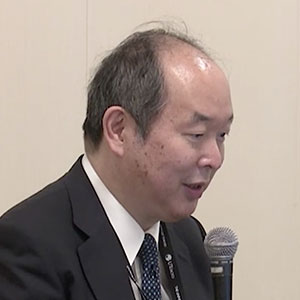
I had a discussion with Kazuhiro Tateda, president of the Japanese Association for Infectious Diseases, and Osamu Nishida, president of the Japanese Society of Intensive Care Medicine. Tateda pointed out that asymptomatic carriers were further complicating issues related to the coronavirus. He also said the spread of the virus should be curbed by having people make balanced modifications to their behavior and habits. Meanwhile, Nishida noted that by international standards, the survival rate in Japan is at a high level, but the country’s medical frontlines have been on the edge due to the pandemic, making hospitals cut back on their normal medical practices and putting pressure on management. To conclude our discussions, we acknowledged the issue of so-called “infodemic.” The combination of misinformation and disinformation causes inaccurate information to spread like a contagious disease. To prevent such a situation, we agreed not only on the importance of providing accurate information as members of academia, but also to disclose information after differentiating things that are scientifically proven from things that are not.
The pandemic is a great opportunity to change our everyday life to the way it ought to be
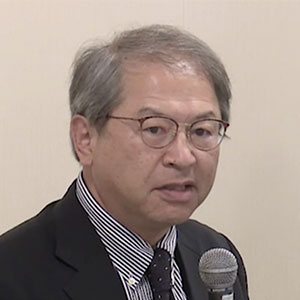
Together with Kumiko Oguma, associate professor of environmental engineering at the Graduate School of Engineering, Koichi Kato, professor of architectural history at the Graduate School of Engineering, and Hiroshi Ohashi, professor at the Graduate School of Public Policy, we discussed things that have been lost and gained in our lives and society as a result of the COVID-19 crisis. We also discussed how to use the pandemic as an opportunity to create an inclusive society. We began our discussion by summarizing that while digital technology has “merits,” such as enabling people to continue with their lives and work remotely, it also has aspects of “sins,” such as making people only see what they want. In the context of how to think about diversity and redundancy, it was pointed out that this is a chance to redesign the entire social system given the long period we would be coexisting with the virus. As for overcoming the issue of “distancing” in terms of social hierarchy and people’s income, we agreed on the need of agile schemes that can respond to variable factors. We concluded that the pandemic is a good opportunity to restore the simplified post-war lifestyles of working, raising children and sleeping.
Update democracy with “good governance”
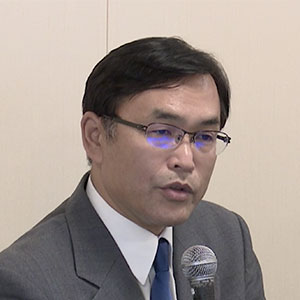
We discussed the issue of value by looking into the 17th century plague, World War I, Spanish flu in the 20th century, and the current COVID-19. Masaaki Takeda, associate professor at the Graduate School of Arts and Sciences, pointed out the similarities between the current situation and the year 2011 when he began translating Daniel Defoe’s A Journal of the Plague Year. He explained that the novel depicts how people behave in situations where they can’t figure out what the right answer is. Tomoji Onozuka, professor at the Graduate School of Economics, gave an overview of COVID-19 in the context of world history, saying that the technologies to monitor individual behavior have advanced and while that guarantees a peaceful life, the values of human rights, freedom and privacy are becoming a mere facade. Meanwhile, Shigeki Uno, professor at the Institute of Social Science, said democracy can still function in emergencies. He also noted that administrative and political powers to control people’s lives have increased due to the pandemic, creating a trilemma of security, economy and freedom. We agreed on the need to update democracy through “good governance” that does not fall into a system of irresponsibility.
Data is important for balancing life and economy
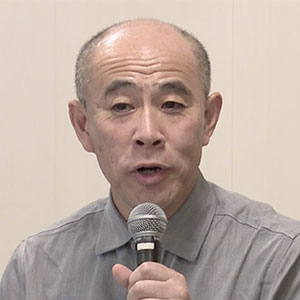
I discussed what is happening amid the coronavirus pandemic with Professor Tsutomu Watanabe and Professor Yasushi Iwamoto of the Graduate School of Economics, Keisuke Kawata, associate professor at the Institute of Social Science, and Daisuke Miyakawa, associate professor at Hitotsubashi University. We started our discussion by confirming the current economic situation: it is likely that the pandemic hasn’t had much effect on people’s consumption behaviors; employment is being lost even in the industries that were not much affected by globalization and mechanization; and the trade-off between life and economic activity is being questioned on an unprecedented scale. We then summarized the following issues: the need for timely data to understand the current situation and to create policies; the need to use and analyze private sector data; the importance of the role of universities in balancing privacy concerns and the use of data; and the importance of data and evidence in measures to balance life and the economy. It was also pointed out that the lack of data is the reason why economics models are lagging behind other fields, which reminded me of the value of data.
Altruism and communality are important now
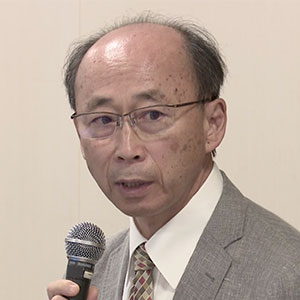
The focus of our discussion was about the coronavirus crisis hitting social vulnerabilities, and the relations between post-pandemic society and the United Nations’ Sustainable Development Goals (SDGs), which aim to overcome those social vulnerabilities. Taikan Oki, professor at the United Nations University, argued that the pandemic should not be used as an excuse for failing to achieve the SDGs; countries that are in the same boat under the global economy should cooperate to create a world that is resilient to infectious diseases; and it would be a challenge to provide vaccines to the entire world in an equitable manner given the rise of nationalism. Yuto Kitamura, associate professor at the Graduate School of Education, pointed out that the pandemic is threatening to hinder progress on Goal 4, which is about education. He explained the need of comprehensive education that goes beyond only equality and fairness, as well as flexible learning that contributes to reforming society. Mayumi Fukunaga, associate professor at the Graduate School of Frontier Sciences, stressed that in order to realize the philosophy of the SDGs to leave no one behind, there must be scientific evidence and individual stories that exist behind statistical numbers. We pointed out that the altruism and communality underlying the above discussion are now more important than ever. We also suggested that the SDGs should not be divided by each goal.
Data utilization and governance are two sides of the same coin
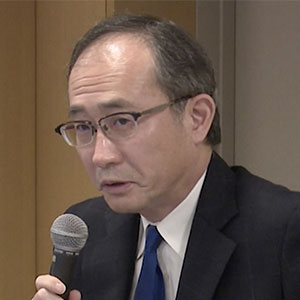
We focused our discussion on data. Kazuhiko Ohe, professor at the Graduate School of Medicine, talked about collection and use of medical data by proposing measures such as developing a data collection system for early cases of infectious diseases, gathering real-time medical expenses, and tracking the progress of infectious diseases by linking them with electronic medical records. Kiyoshi Izumi, professor at the Graduate School of Engineering, introduced the fact that monitoring and simulation is possible in smaller spaces, such as in hospitals where nosocomial infections occur, and train stations, where relationships between the congestion rate of train stations and the economy can be studied. He also pointed out the possibility of how announcing such predictions could affect people’s behavior. George Shishido, professor of the Graduate Schools for Law and Politics, emphasized that the utilization of personal data should not be simply turned into the argument of privacy vs. public health. He said systems should be made with this data that benefit people in terms of administrative and medical services. At the end of our discussion, we pointed out the importance of data governance that takes into account the ambiguous and polysemous characteristics of data.
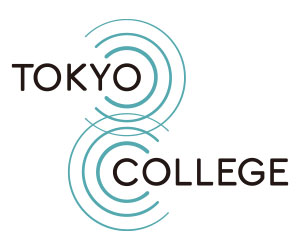
Tokyo College
Twitter

The concluding symposium was held from 5 p.m. in a specially-set studio in the large conference room at Yasuda Auditorium. Following coordinator Professor Masashi Haneda’s overview of the symposium and explanation of its programs, six professors took the microphone and reported about each session in the order they were held. Everything went smoothly in accordance with the schedule, with each explaining about their 90-minute sessions within the allotted eight minutes as requested by Haneda. The questions-and-answers part, however, where two young researchers at Tokyo College peppered the six distinguished professors with questions, did not go according to schedule. Faced with a barrage of perceptive questions from the two researchers with rich international experiences, the professors’ answers also got intense.
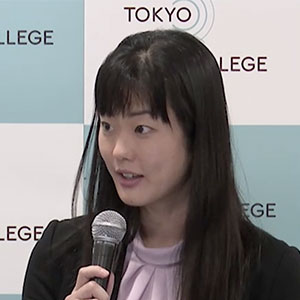
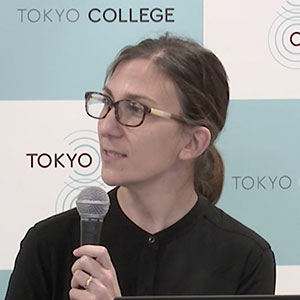
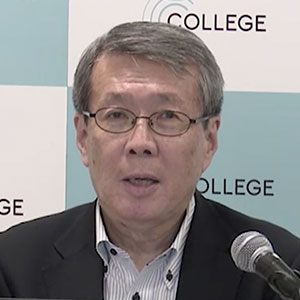
Director, Tokyo College
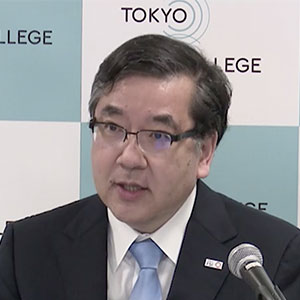
By the time Haneda took over the discussion, there were less than 20 minutes left. When it became President Makoto Gonokami’s long-awaited time to speak, he said he had been drawn into the discussion. The president explained that when he created The University of Tokyo: Vision 2020, he thought he might have made the vision too big, but now he feels it was the right call. Gonokami continued on to say that now is the chance to utilize knowledge and wisdom as we face change on an unprecedented scale. He also shared his plans to launch a center under the theme of the global commons and reiterated his determination to overcome the coronavirus crisis by mobilizing knowledge. The two-hour symposium closed following Haneda’s remarks that Tokyo College would continue to collect and analyze reliable information and to disseminate it in a timely manner.
※You can watch the symposium at the link below.
https://youtu.be/IUJM0vP_xX4 (Japanese)
* This article was originally printed in Tansei 41 (Japanese language only). All information in this article is as of September 2020.






